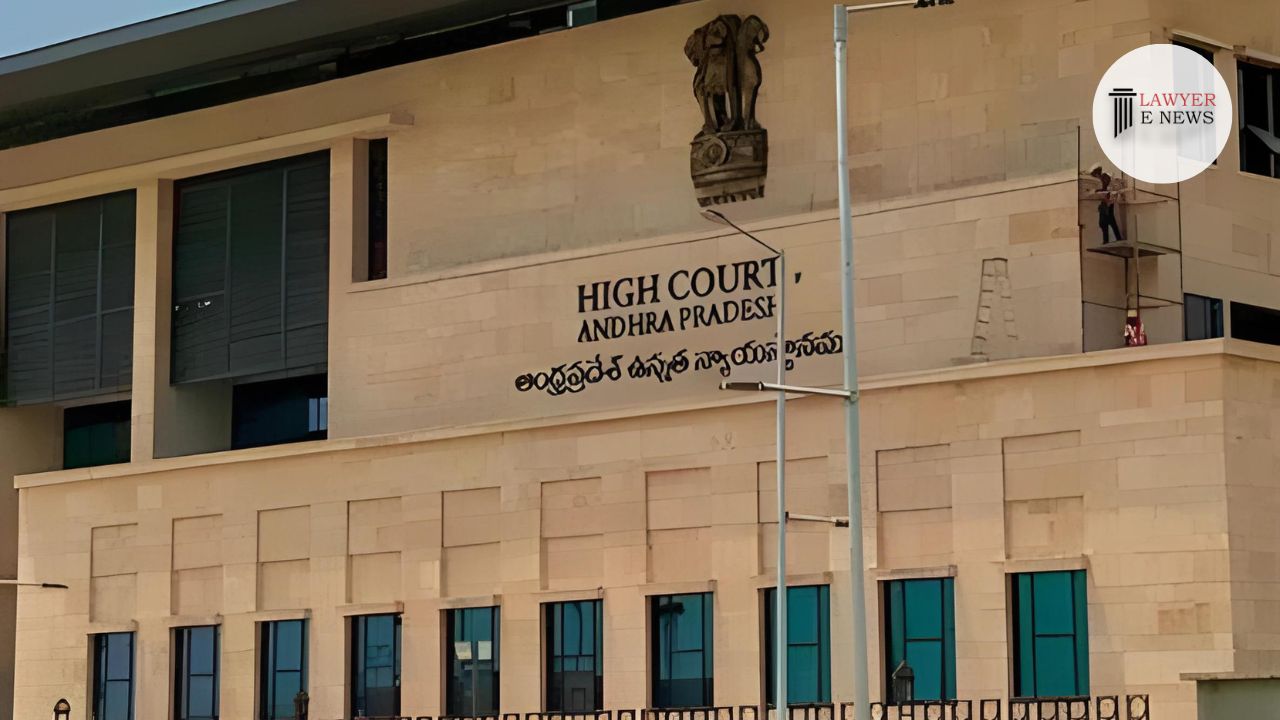-
by Admin
15 February 2026 5:35 AM



Andhra Pradesh High Court granted bail to A. Nanda Kumar @ Nanda Kumar Naidu, who was accused of caste-based assault and trespass under the Scheduled Castes and Scheduled Tribes (Prevention of Atrocities) Act, 1989. Justice Venkata Jyothirmai Pratapa allowed the appeal, setting aside the trial court's order that had denied bail due to the pendency of the investigation.
The case stemmed from a land dispute in T. Puttur, where the de facto complainant, T. Sunitha, belonging to the Scheduled Caste community, alleged that the appellant trespassed onto her land with a JCB and assaulted her and her two sons while using casteist insults. The complainant claimed that the appellant kicked her, causing injury, and used abusive language referencing her caste.
The appellant contended that the allegations were motivated by a civil dispute over the ownership of the land, with both parties claiming title. He argued that he had been in judicial custody since October 17, 2024, and the investigation was now complete.
The Court emphasized the principle that bail decisions must not delve into the merits of the case or decide culpability at the pre-trial stage. Justice Venkata Jyothirmai Pratapa noted:
"The alleged offenses require a full trial to examine the veracity of the claims and evidence. At this stage, the allegations alone cannot warrant denial of bail."
The Court considered the fact that the investigation was complete and found no risk of evidence tampering, observing:
"As the appellant has been in custody since October 17, 2024, and the investigation has concluded, there is no further apprehension of interference with the evidence or witnesses."
The appellant claimed that the criminal case arose from a longstanding property dispute. The Court acknowledged this contention but stressed:
"The overlap of civil disputes and criminal allegations will require adjudication during trial. The present appeal is confined to bail considerations."
The Court granted bail to the appellant under the following stringent conditions:
Personal Bond: ₹20,000 with two sureties of like amount.
Weekly Reporting: Mandatory appearance at the police station every Sunday.
Non-Tampering Assurance: A strict directive to avoid tampering with evidence or prosecution witnesses.
Compliance Monitoring: Non-compliance with these conditions would allow the prosecution to seek cancellation of bail.
The Court clarified that its observations were limited to the bail stage and would not affect the trial's merits.
This judgment reflects the judiciary’s careful balance between safeguarding individual liberty and preventing potential misuse of bail in sensitive cases under the SCs & STs (PoA) Act. The ruling highlights the principle that allegations must undergo thorough scrutiny during trial before determining guilt.
Date of Decision: November 25, 2024
